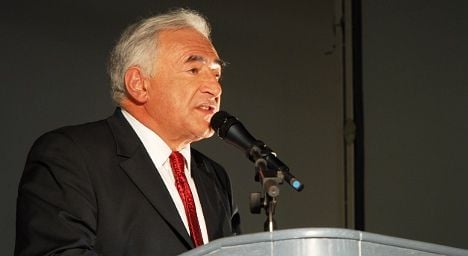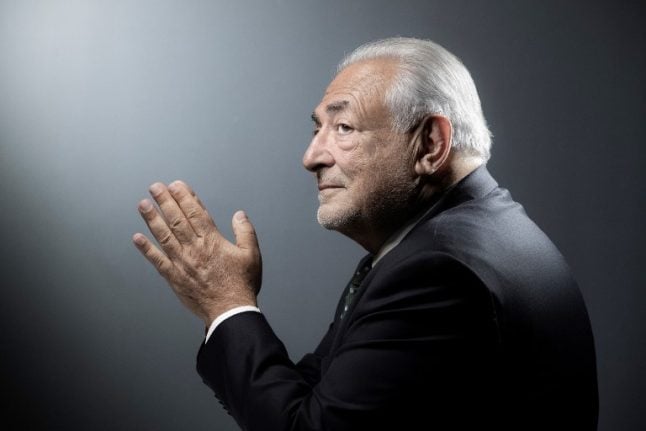Speaking on France Inter radio, lawyer Henri Leclerc said he was preparing to sue the daily Le Figaro and “several other newspapers” for breaching Strauss-Kahn’s right to privacy — an offence under French media law.
Strauss-Kahn, a 62-year-old Socialist politician and former presidential hopeful, resigned from the International Monetary Fund in May after he was arrested and accused of attempting to rape a New York hotel maid.
The US case against him eventually collapsed, but he has been dogged by scandal since returning to France.
In the latest case, his name has been linked to a judicial investigation into an illegal prostitution ring operating out of luxury hotels in the northern French city of Lille and a string of Belgian brothels.
Eight leading members of Lille society — including the director of the Carlton hotel, a businessman with ties to Strauss-Kahn’s party, a police chief and a construction company executive — have been charged.
Press reports based on leaks from the investigation have said prostitutes from the Lille network were taken to Paris and Washington to entertain the then IMF director at orgies in restaurants and five star hotels.
Strauss-Kahn has demanded to be questioned by the judges and called for a probe into the leaks, but it is not yet clear whether he will face charges.
Leclerc denounced the reports as a “sickening, trashy, grotesque campaign … led by a certain number of journalists … putting to death a man who is already down.”
“A trashy campaign has been organised to kick a man when he is down,” the lawyer alleged, repeating his demand that his client be questioned by judges and told what he is accused of.
Wednesday saw the publication of the latest set of allegations, this time in the news weekly L’Express, which featured Strauss-Kahn on its front cover photographed in a grey beard looking tired and depressed.
Inside, the magazine carried an interview with a pimp said to have supplied women to the Lille ring, private testimony from some of the prostitutes and excerpts of alleged tapped telephone calls between suspects.



 Please whitelist us to continue reading.
Please whitelist us to continue reading.
Member comments